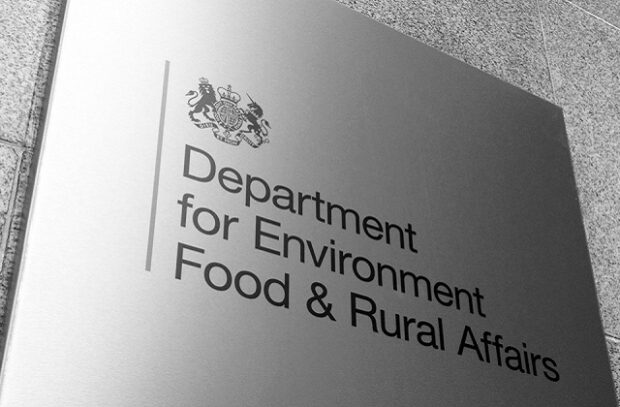
Prior to the budget announcement, The Guardian published an interview with Secretary of State, Steve Reed where they state that he said farmers and conservationists will have to “learn to do more with less” following speculation about deep budget cuts to the Department for Environment, Food and Rural Affairs.
This is a misrepresentation of Steve Reed’s comments and takes what he said out of context.
In the interview, the Secretary of State commented that it was going to be a difficult budget and that generally, across the board, as an economy and Government we would need to do more with less through reform. He was not explicitly referencing farmers, counter to the headline.
The budget has now been announced and speculation about cuts to the farming and nature budget multiple times in the Guardian has been shown to be inaccurate and poorly sourced.
As outlined in the budget, we have protected our farming budget at £2.4 billion in 2025/26. This is the largest ever budget directed at sustainable food production and nature’s recovery in our country’s history, which will ensure momentum on the path to a more resilient and sustainable farming sector.
We will immediately pay out £60 million through the Farming Recovery Fund to support farmers affected by unprecedented extreme wet weather last winter.
After years of underinvestment, we’re also committing £208 million to transform the government’s biosecurity facilities at Weybridge – a vital defence against disease threats which can threaten our farming industry, food security and human health.
This builds on the positive steps the government has already taken including protecting farmers from being undercut by low welfare and low standards in trade deals, seeking a new veterinary agreement with the European Union to cut red tape at our borders and get British food exports moving again and using the government’s purchasing power to back British produce.
Farming and food security are the foundations of a healthy and resilient economy and environment. This government’s commitment to farmers and the vital role they play to feed our nation remains steadfast.
4 comments
Comment by Mark Treneer posted on
I am concerned about the IHT APR and BPR changes in combination with the already extant Antrobus assessment impact on APR, but equally I am concerned with farmers being made a political football by any political party. I get there is a wish to end perceived or actual abuses of APR and BPR. My suggestions for a workable alternative are 1. A working farmer test for APR 2. End rollover of CGt into farmland 3. Just like IHT415 requires 2 years immediately prior to death agricultural user have a 2 year period post death for the agricultural user and if not or is sold in that period the IHT becomes payable (along with any CGT arising between death and the end of that 2 year period. I simply cannot see it is in anybody's best interests for DEFRA and farmers (whose delivery of ELMs and sustainable food production is critical) to be at loggerheads. PLEASE just think about it.7
Comment by Roger Williamson posted on
Tricky. In the absence of a recording of the interview or agreed transcript I need to decide whether the journalist or politician is telling the truth. Very tricky but I have come to a conclusion.
Comment by Tim Pestell posted on
A shame you lied about promising not to change Agricultural Property Relief, a change that will fundamentally impact the truly hard working people in British farming
Comment by Mike Donovan posted on
I'm sure Mr Reed did all he could to prevent these APR inheritance tax changes, which he fails to mention in this Press Release. For anyone in farming, this is by far the most critical, and damaging part of the Chancellors measures. The 'relief' in the APR has been in place for 40 years, so resurrecting it is no different from creating a new tax which covers all viable farms, and at a 20% rate which will have a catastrophic effect on farm cash flows. It's a tax on assets which has to be paid out of the current account. This will force farmers to sell assets which they have striven hard to increase and protect. Both the politics and economics are wrong. You will lose the rural vote -- they won't want you in power. You will lose their trust, which is so necessary to secure the nation's food supply. British farming supplies the giant UK food industry. You are ripping way the structure of farm support and forcing farmers to ask themselves "can I trust this government?" The answer is sadly 'no'.